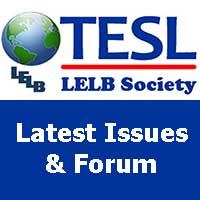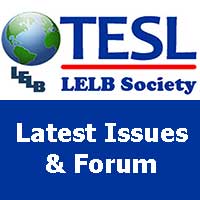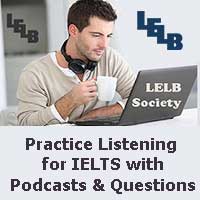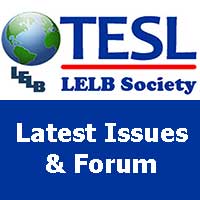The Fawn and His Mother by Aesop for ESL Students
The Fawn and His Mother by Aesop for ESL students with a video, vocabulary in real context, questions for discussion and the moral of the story The Fawn and His Mother is now in the public domain available on Gutenberg Project. Video of the Fawn and His Mother The Fawn and His Mother A hind…






